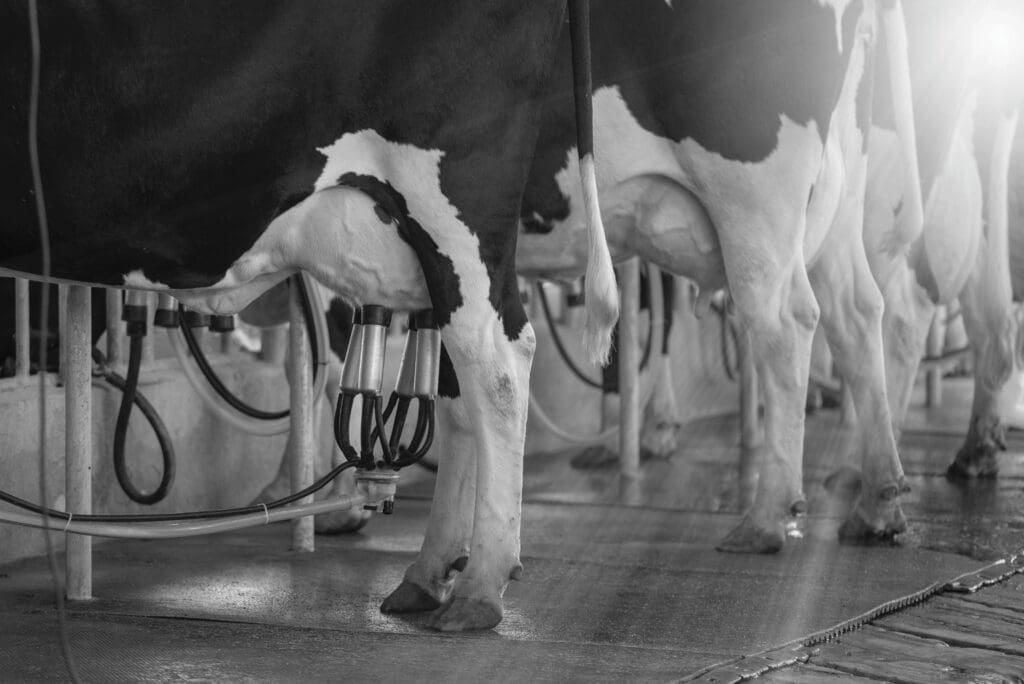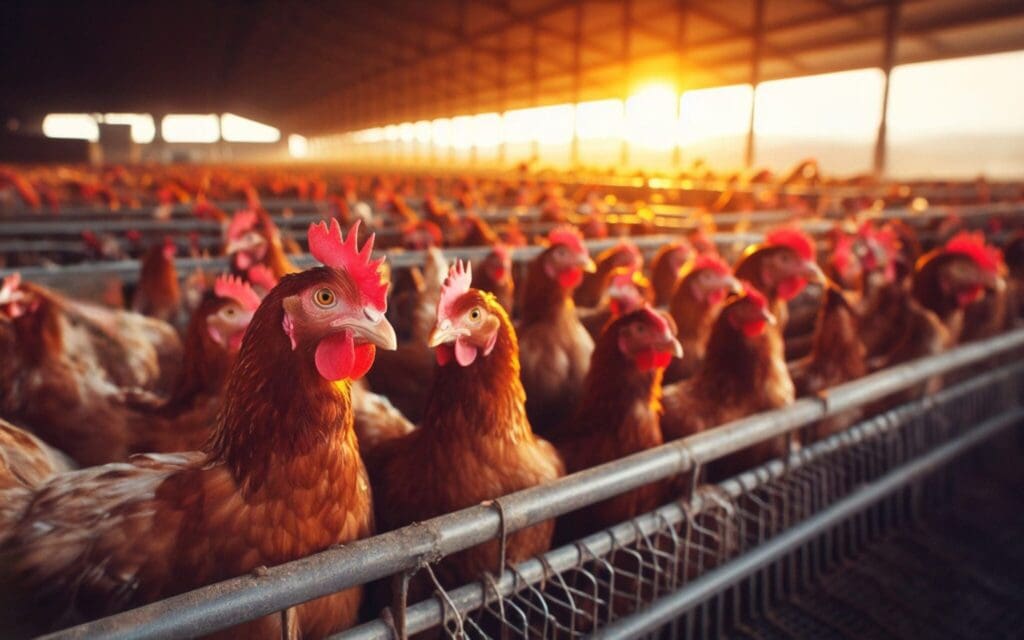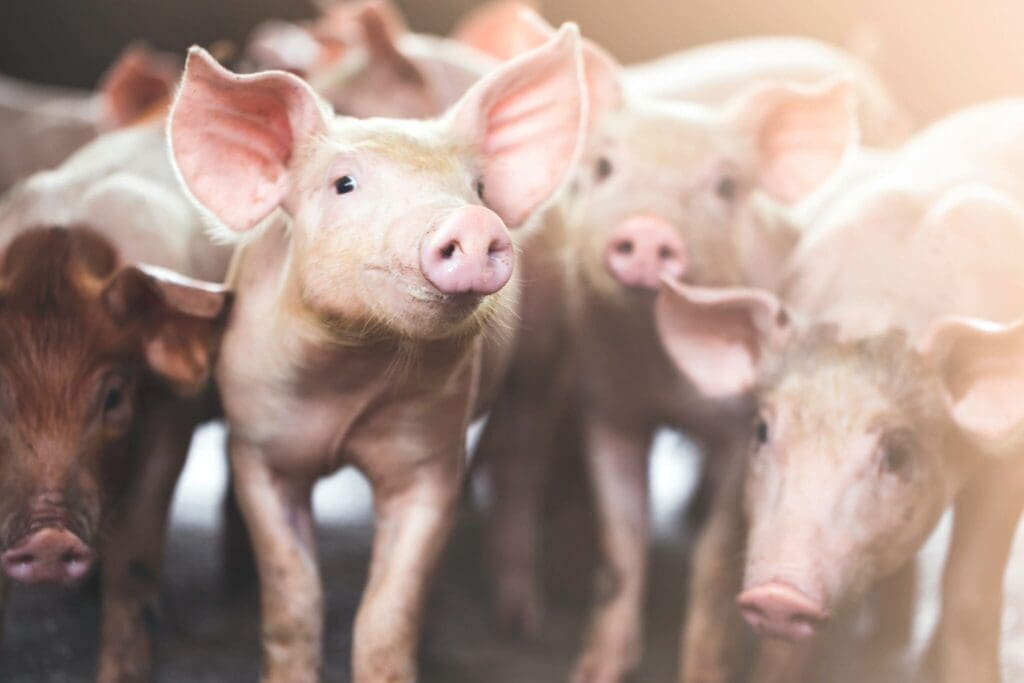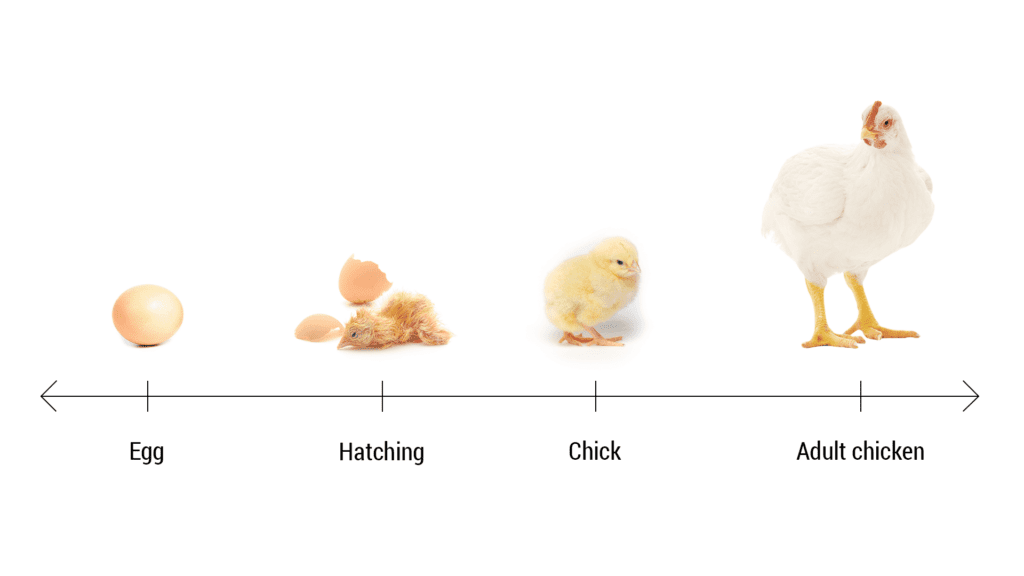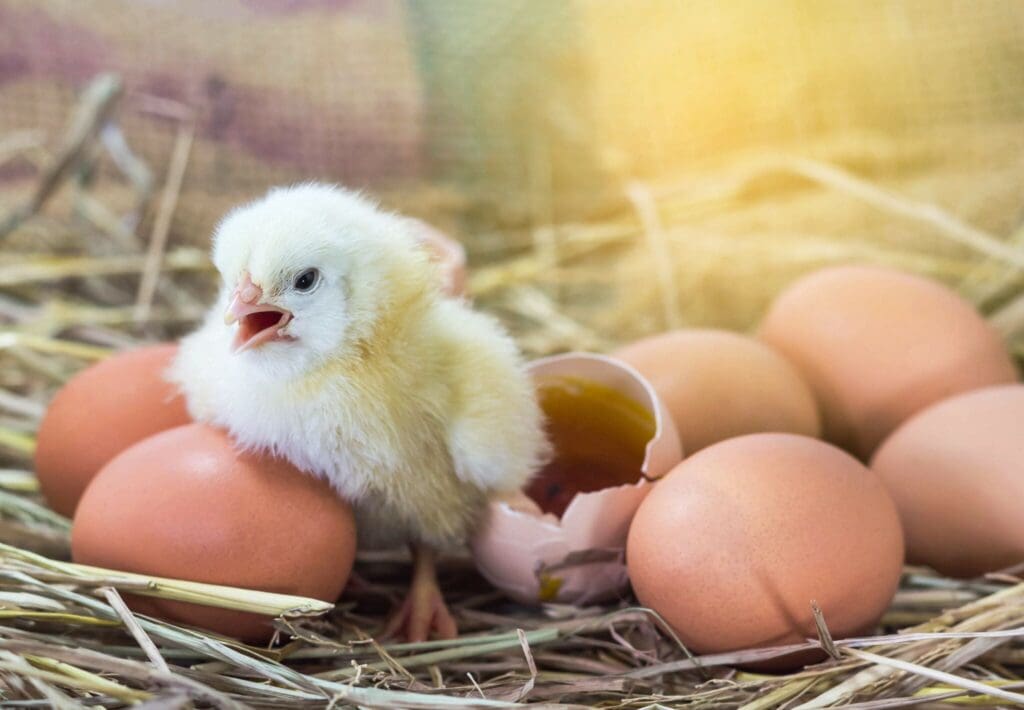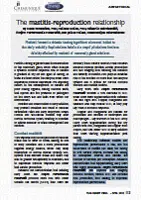Mastitis remains a disease causing significant economic losses to the dairy industry. Reproductive failure is a major productive function directly affected by mastitis or mammary gland infection.
Mastitis-causing organisms lead to inflammation of the mammary gland, which often includes a systemic immune response. Risk of mastitis is greatest at dry-off and again at calving, as these are times within the lifecycle, when cows experience immune depression. Pre-disposing factors to the development of mastitis are poor milking hygiene, milking machine faults, teat injuries and the presence of pathogens on the cow’s skin and teats from within her environment.
Infection and inflammation in early lactation, may prevent ovulation and result in reduced fertilisation rates and early embryonic losses. Clinical and sub-clinical mastitis may alter normal hormonal cycles, resulting in inhibited or altered follicular or luteal development and function.
Combat mastitis
This response may be compounded by reduced intake due to fever or stress, leading to loss of body condition and a more pronounced negative energy balance, which may delay resumption of normal ovarian cyclicity. Suboptimal trace element intake and status may lead to greater susceptibility to infections, due to depressed immune response and lower teat keratin production. Research has demonstrated that lactating dairy cows fed Zinpro Performance Minerals® produce more milk with lower somatic cell counts (SCCs) than cows fed ordinary trace mineral sources. Trace minerals enhance immune function, keratin production and skin integrity, thus reducing the duration and severity of mastitis. Zinc plays an essential role in the function of more than 300 enzyme systems and is critical for normal immune function and mastitis control.
Early work with Zinpro Performance Minerals® showed a 33% decrease in SCC when cows were supplemented with between 180-400 mg/d zinc. Copper, manganese and selenium also help reduce SCC, as they play key roles in immune response.
Copper and manganese are needed for production and function of neutrophils and macrophages – key warriors in the SCC army. Dairy cows supplemented during the dry period with zinc, manganese and copper from Zinpro, had 50% lower SCC in early lactation than cows star ting supplementation post calving.
The relationship between mastitis and reproductive performance is real, and the occurrence of mastitis can delay the calving to first service interval, increase the calving to conception interval and elevate the number of services per conception. Research demonstrates that supplementing dairy cows with highly bioavailable, Zinpro Performance Minerals® will improve skin integrity, immune function, reduce SCC and increase milk production, thus leading to improved reproduction performance.
Chemuniqué empowers feed and food producers with the most innovative animal performance solutions, enabling our clients to consistently advance the efficiency of production.
